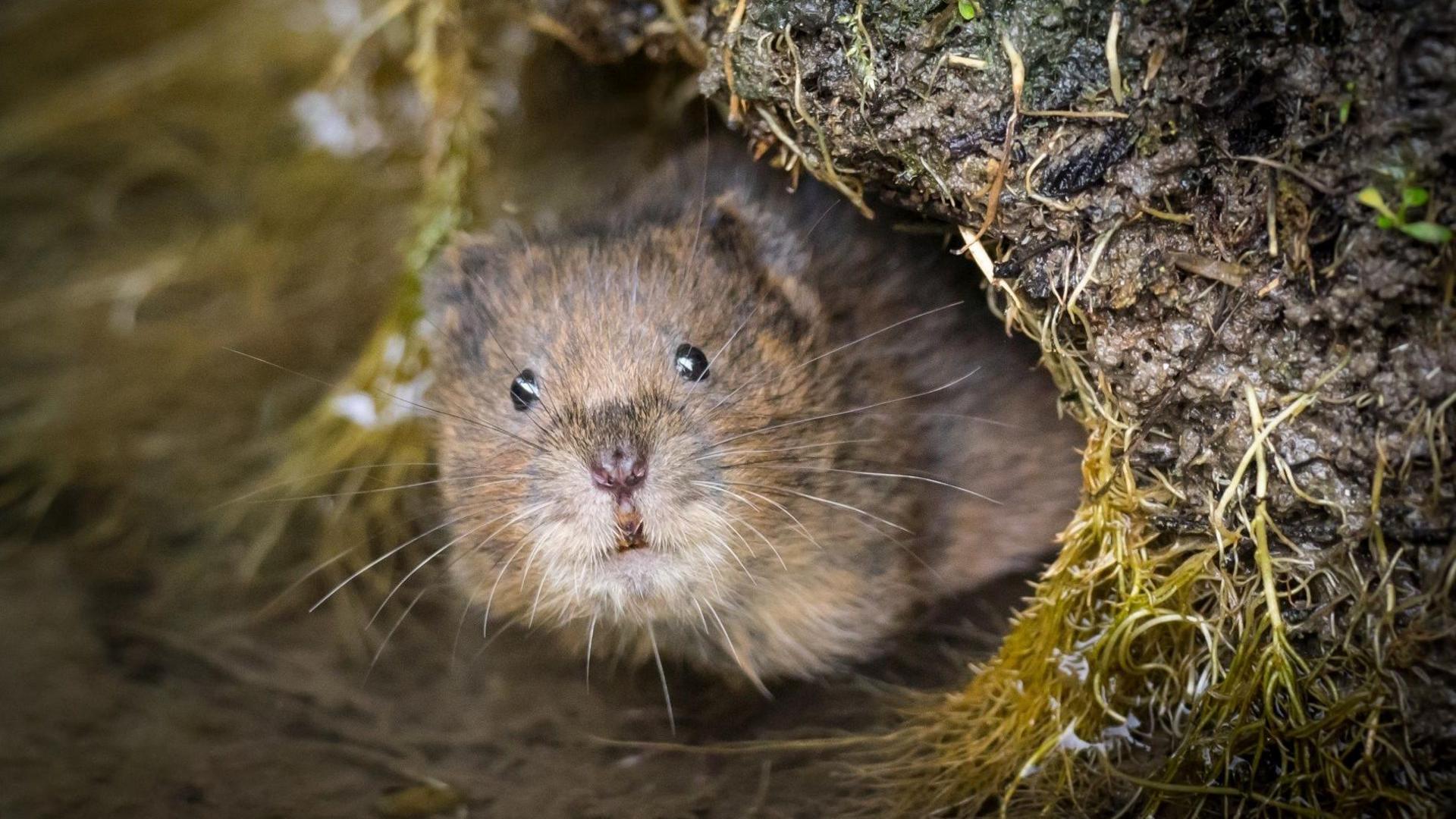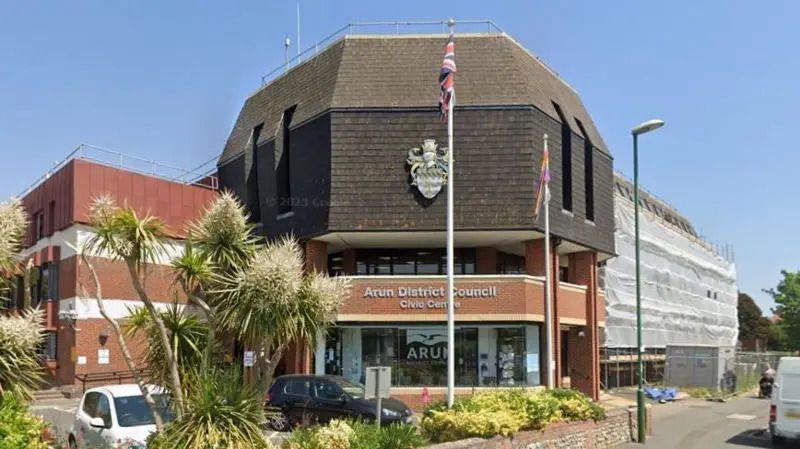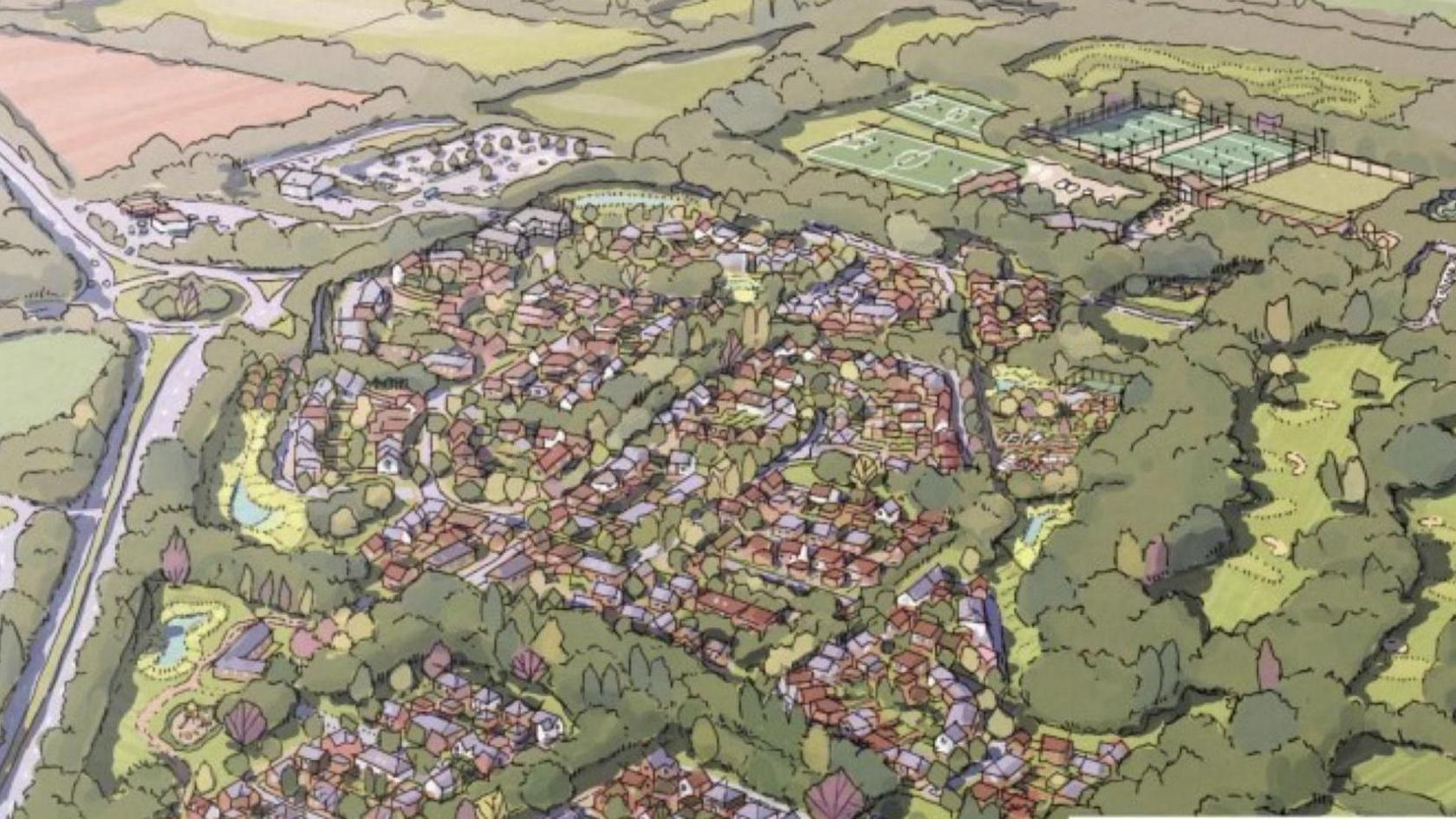Water agreement to allow 21,000 new homes

New guidelines have been agreed to ensure wetlands and wildlife are protected while building homes
- Published
A new agreement will allow the building of 21,000 homes in Sussex after a four-year pause due to concerns over the amount of water being taken from rivers and wetlands in the Arun Valley.
The Department for Environment, Food and Rural Affairs (Defra), Royal Society for the Protection of Birds (RSPB), Southern Water and Natural England have agreed on new guidelines to protect wetlands and wildlife while building homes.
A Defra spokesperson says about 4,000 homes that had been previously paused will proceed while a further 17,000 will be built.
Environment Secretary Emma Reynolds said: "This breakthrough ends a broken status quo and shows how we can build the homes while protecting nature."
Defra, Natural England, the Environment Agency and Southern Water have agreed the water company will change its water abstraction permit and limit the amount of water taken from local rivers and wetlands, and provide funding to restore habitats.
Defra says this will be paid for by the company, not customers.
A Defra spokesperson says the new homes will be built to "higher water efficiency standards" in line with the building regulation guidance for water-scarce areas, reducing daily water use and easing pressure on local watercourses.
They said this is to protect rare species including the lesser whirlpool ramshorn snail, which is a unique part of the Arun Valley's ecosystem.
Reducing water consumption
Marian Spain, chief executive of Natural England, said: "This type of sustainable development shows we can build new homes this country needs while restoring and protecting nature."
Southern Water's managing director, Tim McMahon, said water tests over the last 18 months "proved that abstraction of water has not caused harm to the wetlands".
He says the company aims to "reduce consumption by building more water-efficient homes, cutting leaks and investing in new water resources".
Michael Copleston, director of RSPB England, welcomed the decision, saying thousands of other species in the area could be protected.
Arun Valley is home to a variety of different wildlife including water voles, swans, gulls, ducks, egrets, kingfishers, amphibians and fish.
"There is still a lot of work to be done, we must make sure that the decision delivers for nature as well as enabling house building," he added.
Steve Turner, executive director for Home Builders Federation, said the risk to the ramshorn snail as a consequence of water abstraction is "uncertain" and "largely unsubstantiated".
"New homes are significantly more water efficient than older ones and the occupants moving in will use less water," he said.
He added the government's response was "sensible" to an issue that has had a "grave effect on desperately-needed housing supply".
Defra says the building work will commence next month.
Follow BBC Sussex on Facebook, external, on X, external, and on Instagram, external. Send your story ideas to southeasttoday@bbc.co.uk, external or WhatsApp us on 08081 002250.
- Published28 August

- Published8 October
